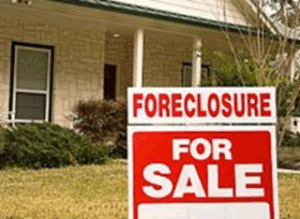 Specialist borrowing consultant Greg Bloomfield has fired a broadside across the bows of aggressive bankers just waiting to foreclose on businesses and farms whose loan repayments have been prevented by the devastating consequences of Corona virus restrictions.
Specialist borrowing consultant Greg Bloomfield has fired a broadside across the bows of aggressive bankers just waiting to foreclose on businesses and farms whose loan repayments have been prevented by the devastating consequences of Corona virus restrictions.
Mr. Bloomfield, a former FCA, CPA, business owner and farmer says his loan consultancy has developed 20 defense strategies for borrowers harassed by banks. His firm, GBAC, has helped borrowers Australia-wide who are in strife with banks, since deregulation in the 1980’s.
He said today “ There is no reason in the world why borrowers should suffer loss of their life’s savings, homes, businesses and farms while bankers earn billions and their executives earn million on the back of policies that are at best doubtful and at worst criminal.
Government restrictions have prevented the devastation of our community by this corona virus which has killed so many people in other countries. Banks need to share the financial burden just like the rest of us.”
He claimed that with patience on all sides and good financial discipline it would be possible to tailor good solutions that would benefit both the bankers and the borrowers, saying “ GBAC will not allow borrowers to be bullied and brow-beaten by brutal bankers.”
Mr. Bloomfield is also well known in political circles as the founder of FairGO, the Votergram service and Voters Network , all of which put him in an ideal position to protect borrowers.



 RBA board member Ian Harper has raised the issue of bank regulation and immoral banking practices.
RBA board member Ian Harper has raised the issue of bank regulation and immoral banking practices.

 There is hope for those with ears to hear and the will to act. Many will do neither and just go under quietly.
There is hope for those with ears to hear and the will to act. Many will do neither and just go under quietly.

 A debt negotiator’s claim in Sydney Morning Herald on May 1, to be 1st in Australia (in 2001) is false.
A debt negotiator’s claim in Sydney Morning Herald on May 1, to be 1st in Australia (in 2001) is false.